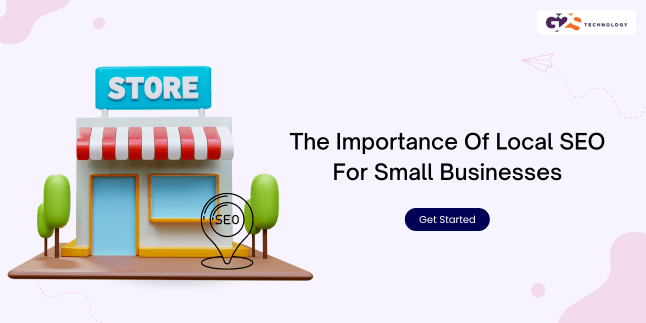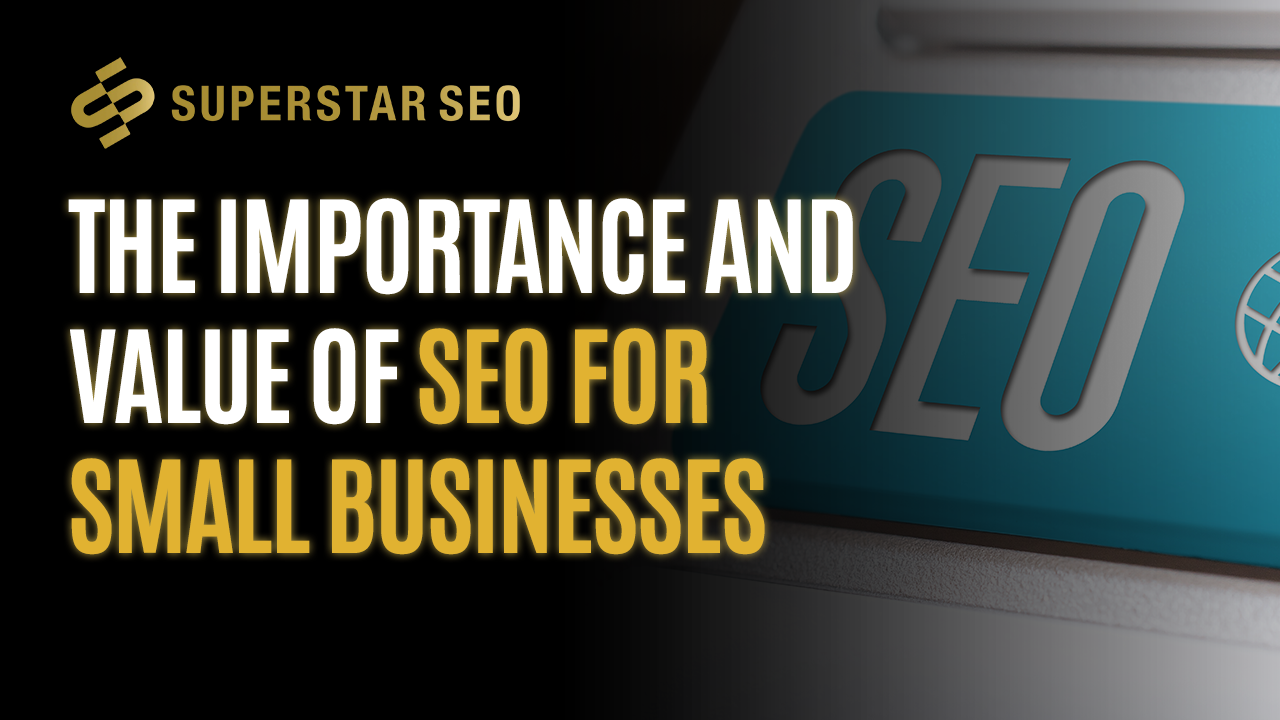The Importance and Value of SEO for Small Businesses
Nowadays, small businesses must leverage every possible advantage to compete effectively in their markets. One of the most critical tools at their disposal is Search Engine Optimization (SEO). SEO offers small businesses a chance to increase their online visibility, attract more customers, and grow their brand. This article explores the importance and value of SEO for small businesses, highlighting its benefits and why it is a vital component of any digital marketing strategy.
Boosting Online Visibility
For small businesses, gaining visibility in a crowded market is a significant challenge. SEO helps by improving a website’s ranking in search engine results pages (SERPs). When potential customers search for products or services related to a business, appearing on the first page of search results significantly increases the likelihood of attracting traffic.
Higher visibility means more potential customers will find the business, leading to increased web traffic and, ultimately, more sales. By targeting specific keywords and optimizing their website content, small businesses can ensure they reach their ideal audience.
Building Credibility and Trust
Consumers tend to trust businesses that appear at the top of search engine results. High rankings signal to users that a business is reputable and relevant. SEO helps small businesses build credibility by ensuring their websites are optimized for search engines and user experience. For example, DBSEO.dk is specialized in SEO optimizing websites and webshops as well as providing ongoing SEO services. They might be able to help you with SEO for your small business.
A well-optimized website provides valuable content, easy navigation, and a seamless user experience. These factors contribute to building trust with visitors, encouraging them to engage with the business and consider making a purchase. Trust and credibility are essential for small businesses looking to establish a loyal customer base.

Driving Targeted Traffic
One of the key advantages of SEO is its ability to drive targeted traffic to a website. Unlike traditional advertising methods that cast a wide net, SEO focuses on attracting users who are actively searching for specific products or services. This targeted approach means that the traffic generated through SEO is more likely to convert into customers.
By conducting keyword research and optimizing their content, small businesses can attract users with a high intent to purchase. This not only increases the chances of conversion but also ensures that marketing efforts are more efficient and cost-effective.
Cost-Effective Marketing Strategy
Small businesses often operate on tight budgets, making it crucial to invest in cost-effective marketing strategies. SEO is one of the most affordable and impactful marketing tools available. Unlike paid advertising, which requires continuous investment, the effects of SEO are long-lasting.
Once a website is optimized and begins to rank higher in search results, it can continue to attract organic traffic without additional costs. This makes SEO a sustainable and cost-effective strategy for small businesses looking to maximize their marketing budget.
Enhancing User Experience
A significant part of SEO involves optimizing a website to provide a better user experience. This includes improving site speed, ensuring mobile-friendliness, and creating engaging, valuable content. These improvements not only help with search engine rankings but also enhance the overall user experience.
A positive user experience is crucial for retaining visitors and encouraging them to return. When users find a website easy to navigate and informative, they are more likely to engage with the business and make repeat visits. This can lead to higher customer satisfaction and loyalty, which are essential for the long-term success of small businesses.
Staying Competitive
In today’s digital landscape, most businesses are investing in SEO. For small businesses, staying competitive means keeping up with or surpassing their competitors’ SEO efforts. Without SEO, a small business risks falling behind, losing out on valuable traffic and potential customers.
By consistently optimizing their website and staying updated with SEO best practices, small businesses can ensure they remain competitive. This proactive approach allows them to capture more market share and stay ahead of competitors who may not be investing as heavily in SEO.
Understanding Customer Behavior
SEO provides valuable insights into customer behavior and preferences. Tools like Google Analytics offer detailed data on how users interact with a website, including the keywords they use, the pages they visit, and the actions they take. This information is invaluable for small businesses looking to understand their customers better.
By analyzing this data, small businesses can refine their marketing strategies, optimize their content, and improve their products or services to better meet customer needs. This data-driven approach helps businesses make informed decisions and tailor their offerings to their target audience.

Supporting Local Search
For many small businesses, local customers are a primary source of revenue. Local SEO focuses on optimizing a website to attract customers in a specific geographic area. This includes optimizing for local keywords, creating and optimizing a Google My Business profile, and generating positive local reviews.
Local SEO helps small businesses appear in local search results, driving more foot traffic and local inquiries. This is particularly important for businesses like restaurants, retail stores, and service providers that rely on local customers. By investing in local SEO, small businesses can connect with their community and build a strong local presence.
Increasing ROI
SEO offers a high return on investment (ROI) for small businesses. While it requires time and effort to implement, the long-term benefits far outweigh the initial investment. By attracting organic traffic, reducing the need for paid advertising, and improving conversion rates, SEO can significantly boost a business’s profitability.
Moreover, the ongoing benefits of SEO mean that the initial investment continues to pay off over time. As a website gains authority and credibility, it can maintain high rankings and continue to attract traffic, leading to sustained growth and increased revenue.
Conclusion
In conclusion, the importance and value of SEO for small businesses cannot be overstated. From boosting online visibility and building credibility to driving targeted traffic and enhancing user experience, SEO offers numerous benefits that can significantly impact a business’s success. By investing in SEO, small businesses can stay competitive, understand their customers better, and achieve long-term growth. In a digital-first world, SEO is not just an option but a necessity for small businesses looking to thrive and succeed.





